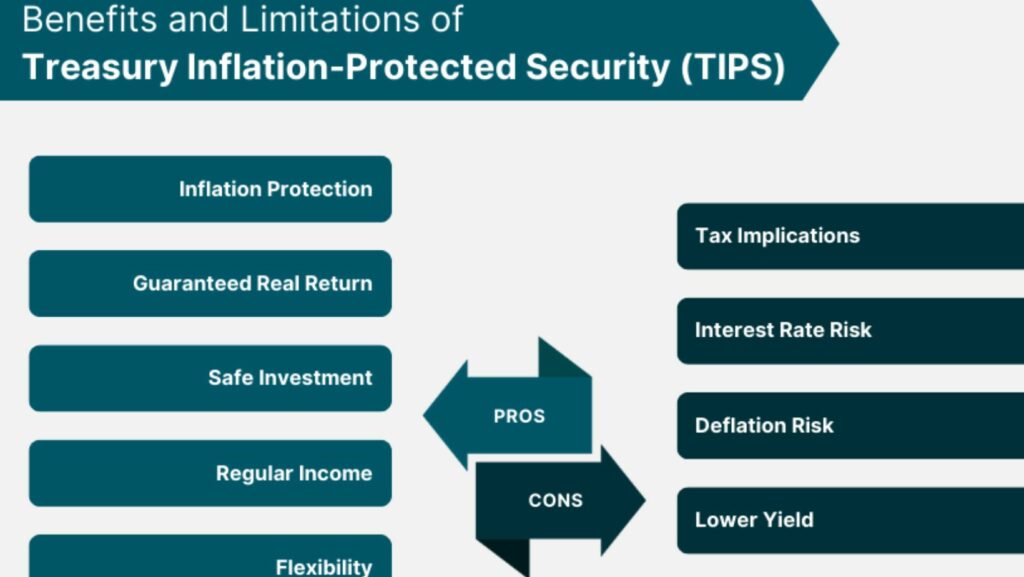In the world of real estate, townhouses often fly under the radar. They’re sandwiched between the glamour of detached houses and the affordability of condos, but does that make them a less worthy investment?
Is a Townhouse a Good Investment

Evaluating townhouse investments involves a deep dive into detailed financials, neighborhood demographics, and market indicators. Firstly, understanding purchase prices relative to rental income, it’s crucial. In real estate investing, the ratio of annual rental income to purchase price, also known as the Gross Rent Multiplier (GRM), aids in assessing the profitability of townhouses. For instance, a townhouse with a purchase price of $200,000 and an annual rental income of $20,000 results in a GRM of 10.
Secondly, investors often look into the neighborhood’s population growth, considering locations with increasing population figures. Typically, a growing populace indicates a thriving community, potentially translating to higher rental demand and occupancy rates.
Lastly, market indicators such as the local employment rate and economic growth prospects must not be ignored. For instance, towns with industries experiencing growth might present more employment opportunities, hence attracting more potential tenants.
However, it’s important for investors not to overlook unexpected expenses such as repair and maintenance costs. Understand that an older townhouse might require more upkeep, potentially chipping away at the profitability.
Financial Aspects of Townhouse Investment

To evaluate an investment in a townhouse, it’s essential to examine key financial inputs. Townhouses often offer lower acquisition costs compared to standalone properties. This affordability paves the way for a lower down payment and smaller mortgage burden, enhancing the potential for positive cash flow. Moreover, townhouses often feature lower property tax obligations and insurance premiums, further driving up potential returns.
However, certain expenditures may impact profitability. These include homeowner association (HOA) fees, which cover communal amenities, and regular maintenance costs. HOA fees can be a significant portion of overall expenses, thus requiring careful consideration.
Investors often utilize the Gross Rent Multiplier (GRM), a tool that incorporates rental income and property price to gauge the profitability. A lower GRM generally indicates a more promising investment. Furthermore, local economic indicators such as job growth and population trends can affect property appreciation rates, thus influencing the return on investment.
Overall, prudent assessment of these financial aspects helps in making an informed decision about investing in townhouses. Professional advice, thorough research and careful planning play a pivotal role in maximizing returns and minimizing risks associated with townhouse investments.
Comparative Analysis with Other Property Types

Analyzing townhouse investment involves comparison with other property types—single-family residences, condominiums, and multi-family homes. Notably, single-family houses often come with high acquisition costs, making townhouses an economical option. Unlike condominiums, townhouse ownership extends to the land, offering appreciable value. Multi-family homes, although revenue-generating, bear higher maintenance costs, placing townhouses favorably. However, townhouse owners pay homeowners association fees, a cost absent in single-family properties. A table comparing costs, potential returns, and expenses across these property types further elucidates these differences:
In this light, it becomes clear that each property type carries its unique financial dynamics and implications. Therefore, the choice depends on the investors’ financial capacity, risk tolerance, and investment goals.
Market Trends and Their Impact on Townhouse Values
Investing in a townhouse can be a savvy move. They’re often more affordable than single-family homes, and they offer potential for a steady income stream and capital appreciation. However, it’s not a one-size-fits-all solution. Like all real estate investments, townhouses come with their unique set of financial dynamics. These include homeowner association fees, maintenance costs, and the local economic climate, all of which can significantly impact profitability. It’s crucial to consider these factors, along with the Gross Rent Multiplier (GRM), before taking the plunge. With thorough research and professional advice, investors can navigate these complexities and make a well-informed decision. Whether a townhouse is a good investment ultimately depends on individual financial capacity, risk tolerance, and investment goals.



